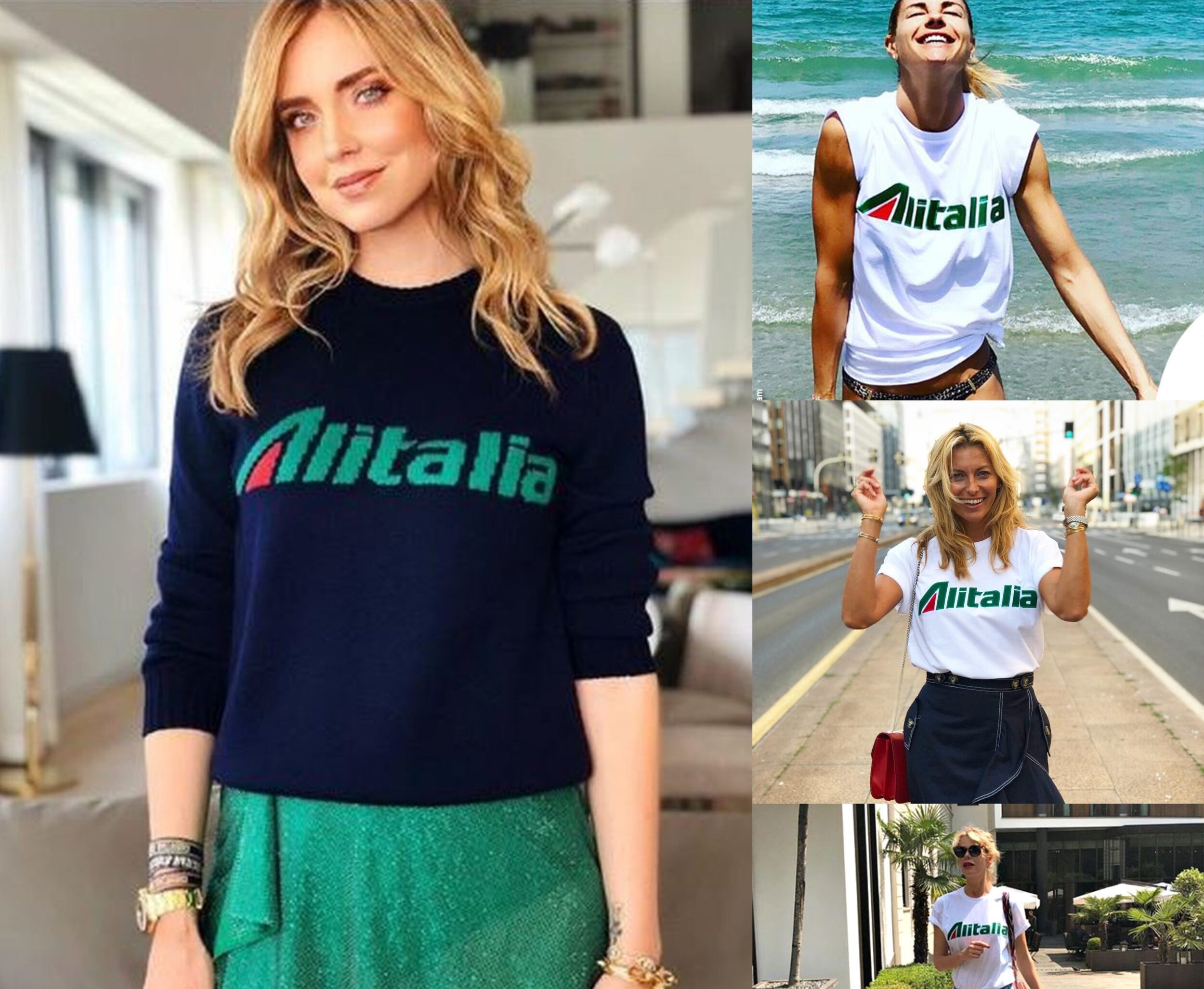The origin of the lawsuit between Ferrari and Philipp Plein dates back to August 2019, after the publication of some posts on Plein’s personal Instagram profile.
Specifically, the German designer published some pictures and videos showing one of his Ferrari with a pair of sneakers (the “Moneybeast” model, on sale for almost €5000) resting on the trunk of the car.
Only few days after such publication, Ferrari's lawyers warned Plein inviting him to remove the above mentioned contents, within a 48-hour term, as they constituted illicit use of the Ferrari’s trademark.
Ferrari therefore accused Philipp Plein of having exploited the notoriety of Ferrari’s brand to advertise its products and to confuse consumers, leading them to assume the existence of a partnership between Ferrari and Plein’s brand in relation to such specific model of shoes.
Ferrari also believed that the posts published by Plein were offensive, since they also “objectified” the female bodies of the models included in the pictures. Therefore, the posts were considered not in line with the values promoted by Ferrari, which did not intend to be associated with such type of content.
In response, Plein approached Ferrari's CEO directly, stating to be a dissatisfied customer and that he did not intend to proceed with the removal of the posts.
The Court of Milan was called to rule on the matter and, in June 2020, ordered Philipp Plein to delete all the posts in which the Ferrari trademark had been unlawfully represented and to pay €300,000 as compensation for damages.
In order to make a conscious use of social networks, every user must be aware that a picture posted online could constitute an infringement of intellectual property rights of third parties.
While this concept should be familiar to every user, influencers and public figures with a significant social media following should be required to pay specific attention to these issues when posting content that depicts trademarks or other IP-protected contents without the express permission of the owner.
Philipp Plein's personal Instagram profile has more than 2 million followers. As such, the posts violating the Ferrari trademark were potentially able to reach a huge number of users.
The assessment of an infringement of third parties’ trademarks in connection with posts published on social media is based on whether such publication has a commercial or advertising purpose.
The Court of Milan held that the Instagram posts published by Plein had a clear commercial purpose (despite the fact that the pictures had been posted on the designer's personal profile and showed a car owned by him) and that Plein’s products would be perceived as more exclusive and desirable thanks to the connection with the Ferrari brand.


